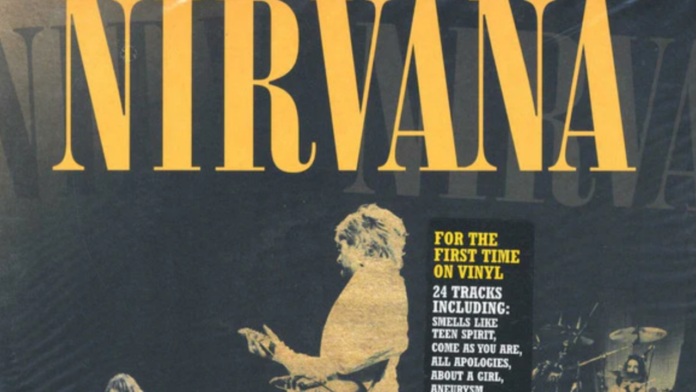The foray into AI isn’t entirely new for Nirvana. The band has already dipped its toes into this world with the deluxe 30th-anniversary edition of “In Utero,” their third and final album. Slated for release on October 27, this special boxset features remixed audio from several landmark shows. Fans can look forward to reliving live performances from Los Angeles in December 1993 and Seattle in January 1994. What’s more, the set promises to introduce six never-before-heard live tracks from a concert in Rome.
This isn’t a lone venture; it’s part of a broader trend in the music industry. Sir Paul McCartney, another rock icon, recently disclosed that he’s employed AI to cobble together what he calls the “final” Beatles song. McCartney explained that AI technology had the power to extract John Lennon’s vocals from an old demo tape. The same technology also made its way into Peter Jackson’s 2021 documentary series on The Beatles, aptly named “Get Back.”
So how exactly does the AI wizardry work? According to Novoselic, the technology they used can dissect digital audio tapes, isolating instruments and vocals, and then reassemble them to create a fine-tuned mix. This revelation opens the door for the potential rescue of old Nirvana demos. Discussions are underway between Novoselic and other surviving Nirvana members, Dave Grohl and Pat Smear, to see if this is a road they want to walk down.
While the prospects of hearing fresh tracks from a classic band might seem tantalizing, Novoselic expresses caution. He points out that if the resulting songs don’t capture the essence of Nirvana, especially given the absence of Kurt Cobain, the use of AI would ultimately not be justified. Copyright and disinformation also enter the discussion, adding complexity to the initiative.
In a broader context, artificial intelligence is steadily making inroads into the world of music. Recently, a dedicated streaming platform for AI-generated music, Musixy.ai, was announced. Even the Grammys have started to recognize the influence of this disruptive technology. The Recording Academy’s CEO, Harvey Mason Jr., confirmed that while awards will remain the domain of human creators, AI-assisted compositions will be considered eligible if they meet legal and widespread availability criteria.
The mingling of grunge and algorithms may raise eyebrows, but it also brings to the fore an intriguing question: Can a machine replicate or even enhance the emotional intensity that marked an era? Only time, and perhaps a few more Nirvana demos, will tell.


